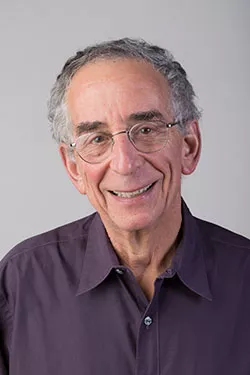Psychologist Barry Schwartz Reimagines Work

The New York Times: Rethinking Work
How satisfied are we with our jobs?
Gallup regularly polls workers around the world to find out. Its survey last year found that almost 90 percent of workers were either “not engaged” with or “actively disengaged” from their jobs. Think about that: Nine out of 10 workers spend half their waking lives doing things they don’t really want to do in places they don’t particularly want to be.
Why? One possibility is that it’s just human nature to dislike work. This was the view of Adam Smith, the father of industrial capitalism, who felt that people were naturally lazy and would work only for pay. “It is the interest of every man,” he wrote in 1776 in “The Wealth of Nations,” “to live as much at his ease as he can.”
This idea has been enormously influential. About a century later, it helped shape the scientific management movement, which created systems of manufacture that minimized the need for skill and close attention — things that lazy, pay-driven workers could not be expected to have.
Today, in factories, offices and other workplaces, the details may be different but the overall situation is the same: Work is structured on the assumption that we do it only because we have to. The call center employee is monitored to ensure that he ends each call quickly. The office worker’s keystrokes are overseen to guarantee productivity.
I think that this cynical and pessimistic approach to work is entirely backward. It is making us dissatisfied with our jobs — and it is also making us worse at them. For our sakes, and for the sakes of those who employ us, things need to change.
Read Schwartz's full article at The New York Times.
Barry Schwartz is the Dorwin P. Cartwright Professor of Social Theory and Social Action and author of a new book, Why We Work, which he discusses in The Atlantic and The Chicago Tribune. The book is an expansion of a talk, "Why? Some Puzzles of Motivation," Schwartz gave on campus last fall. Learn more about his research at TED. Why We Work is reviewed at The Psych Report.
Schwartz's work explores the social and psychological effects of free-market economic institutions on moral, social, and civic concerns. In The Costs of Living: How Market Freedom Erodes the Best Things in Life, Schwartz finds that market values undermine morals and community-building. In his oft-cited The Paradox of Choice: Why More is Less, he examines the often-paralyzing effects on consumers of a marketplace offering a bewildering array of choices. His TED Talk of the same name remains one of the most popular in the history of the conference, registering over seven million views.



